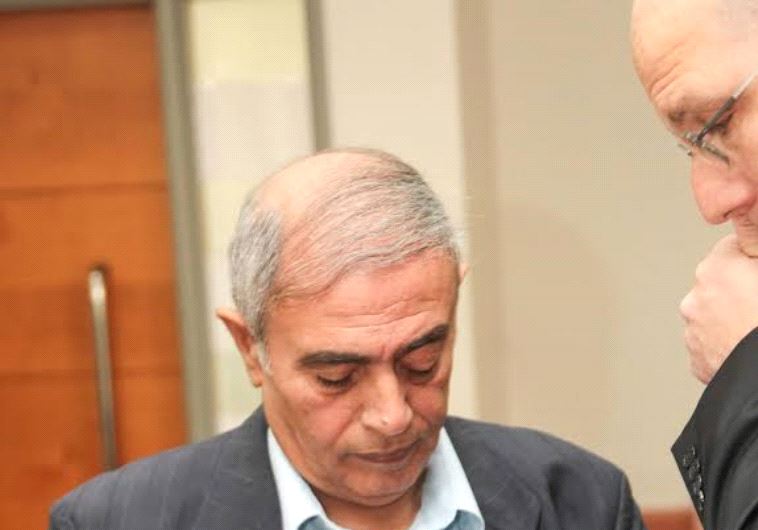Former chief Nazareth judge confesses to sexual harassment of court employee
Cohen would be among the highest ranking judicial officers in the country's history to be found guilty of a criminal offense.
 Former Nazareth District Court President Yitzhak Cohen at Rishon Lezion Magistrate's Court (photo credit: NIR KEIDAR)Updated:
Former Nazareth District Court President Yitzhak Cohen at Rishon Lezion Magistrate's Court (photo credit: NIR KEIDAR)Updated: